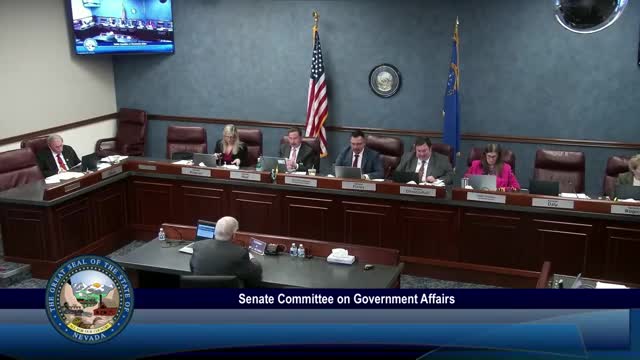Article not found
This article is no longer available. But don't worry—we've gathered other articles that discuss the same topic.
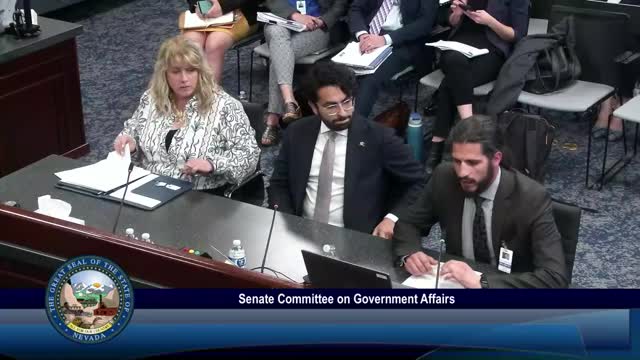
Bill to expand certified-payroll disclosures draws sharp split: unions say boost will fight wage theft; contractors cite privacy and organizing risks
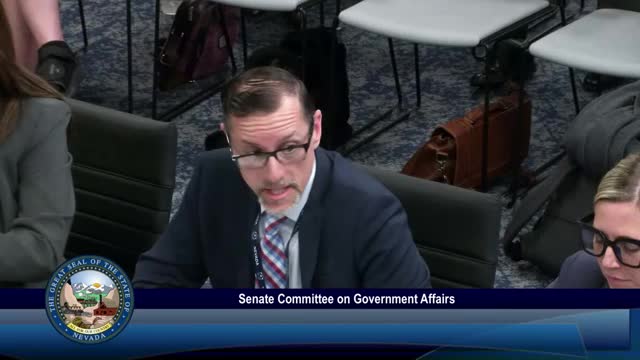
Nevada overhaul of licensing boards sets off sharp debate over oversight, cost and professional expertise
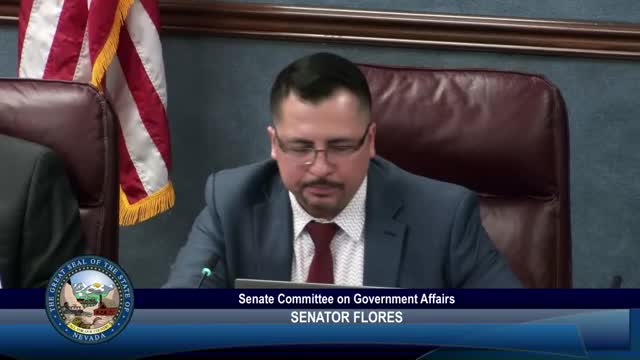
Proposal would let prevailing parties recover legal costs in some public‑works enforcement actions
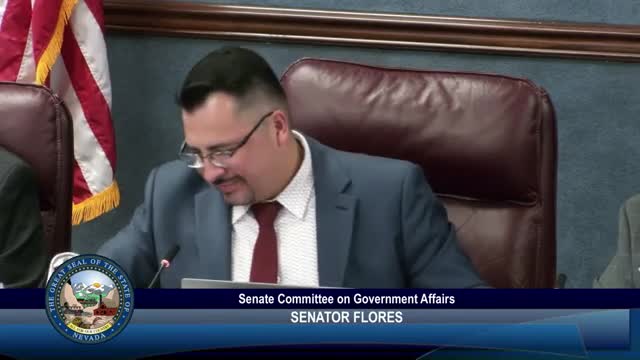
Senator withdraws vacancy-list provision after fiscal concerns; SB 274 proceeds with other sunset subcommittee recommendations
